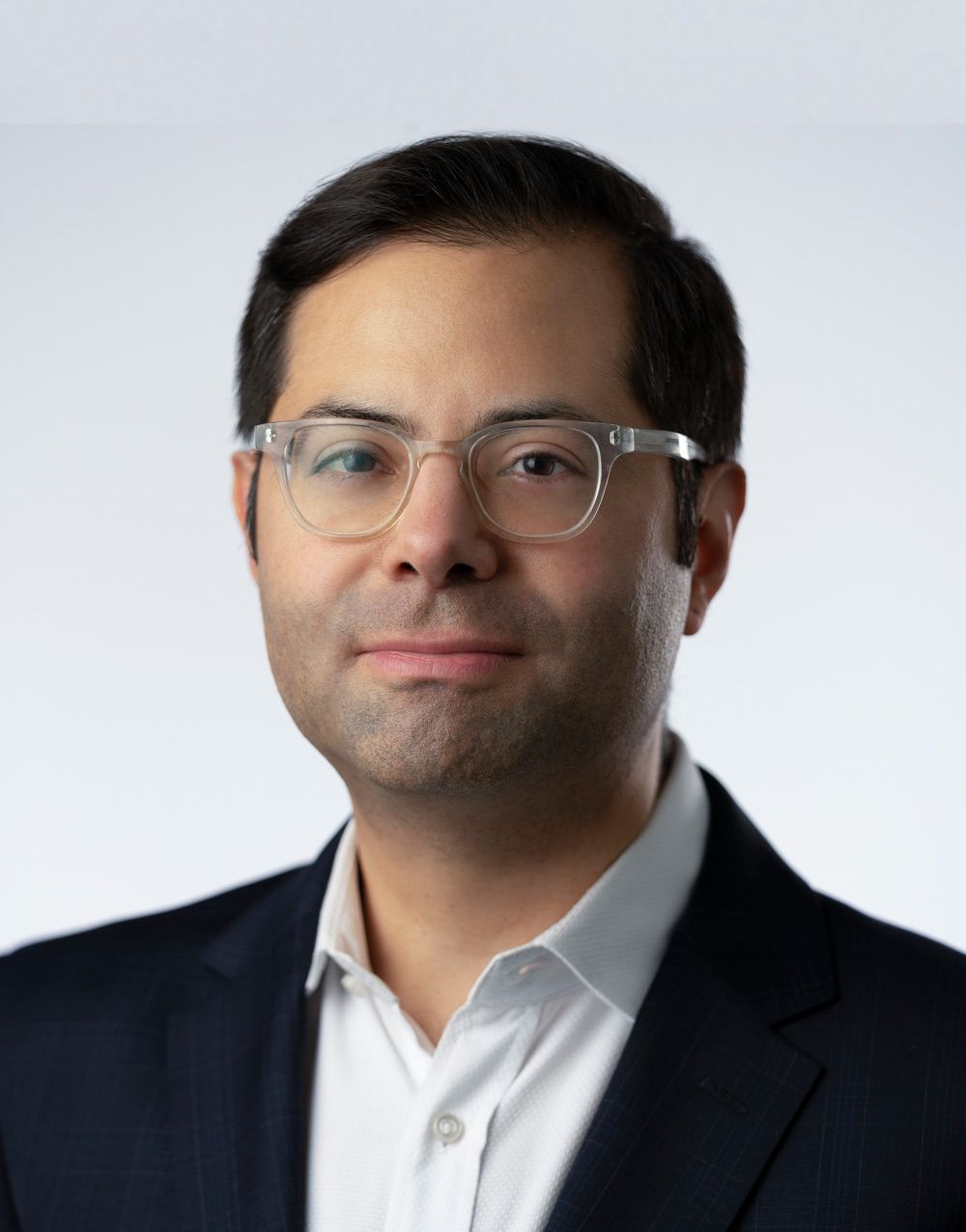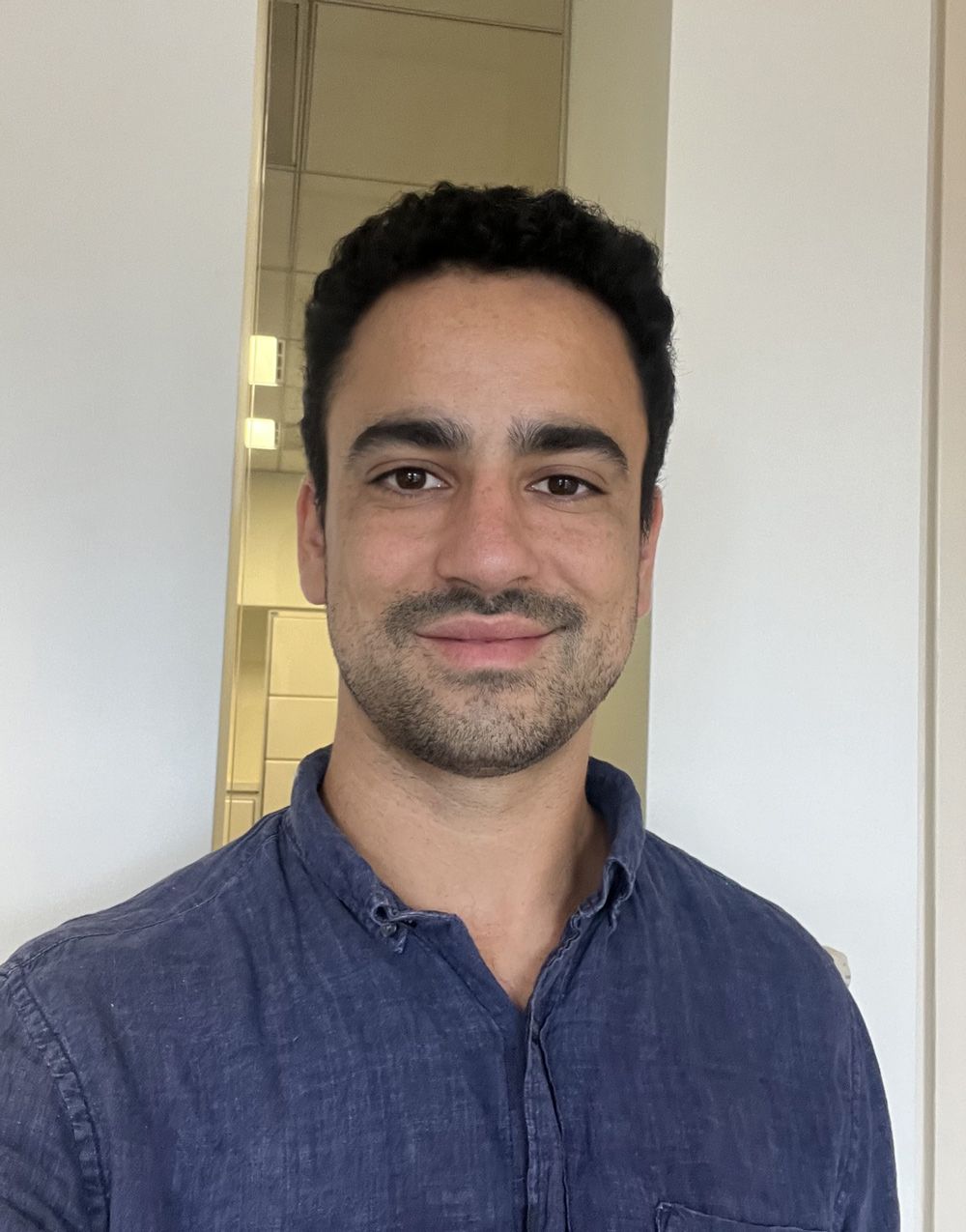{
"authors": [
"Lindsay Jenkins",
"Sam Huckstep",
"Leonardo Martinez-Diaz",
"Noah Gordon",
"Jon Kurtz"
],
"type": "event",
"centerAffiliationAll": "dc",
"centers": [
"Carnegie Endowment for International Peace"
],
"collections": [],
"englishNewsletterAll": "",
"nonEnglishNewsletterAll": "",
"primaryCenter": "Carnegie Endowment for International Peace",
"programAffiliation": "SCP",
"programs": [
"Sustainability, Climate, and Geopolitics"
],
"projects": [],
"regions": [
"United States"
],
"topics": [
"Climate Change"
]
}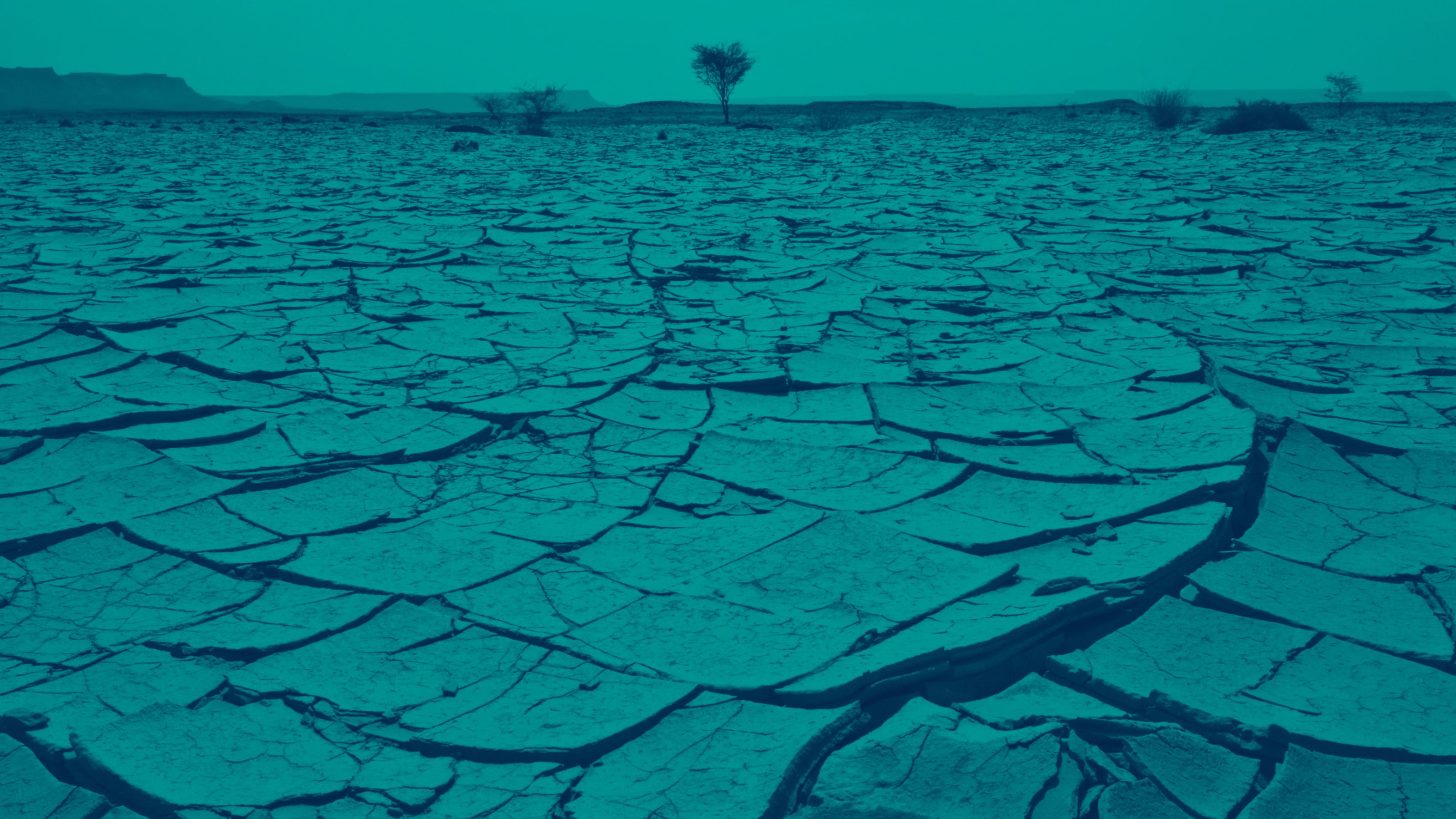
Remittances and the Climate Finance Crisis
Wed, July 2nd, 2025
Live Online
Invalid video URL
The foreign aid system is in crisis. Official Development Assistance (ODA) is becoming increasingly unavailable, following the dismantling of the United States Agency for International Development, the country’s leading aid agency, and European states redirecting spending to their militaries. These cutbacks put more pressure on the already precarious flow of remittances, the transfer of funds or goods from migrants back to their communities of origin. These funds account for the largest distribution of funds from rich countries to poorer ones, which are also more vulnerable to climate impacts, and are thus a crucial component of climate finance.
The continued crackdown on migrants in the United States, with a growing number of immigrants being removed from the country and therefore unable to earn wages to send home, is expanding to target remittances with potential legislation taxing outbound transfers made by non-citizens. As the world grapples with more climate-related disasters, and decreases institutional funding to support recovery, remittances are increasingly important to global climate resilience.
How should remittances fit into the climate finance puzzle? What’s the outlook for both ODA and remittance financial flows in 2025? And what steps can destination and origin countries take to increase remittance flows and utilize them for socially important investments?
Join Noah Gordon, a fellow in the Sustainability, Climate, and Geopolitics Program, in conversation with Leonardo Martinez-Diaz, senior fellow and director of the Sustainability, Climate, and Geopolitics Program at the Carnegie Endowment; Lindsay Jenkins, Former Senior Advisor, Bureau of Population, Refugees, and Migration, U.S. Department of State; Sam Huckstep, research associate within the Center for Global Development’s Migration, Displacement and Humanitarian Policy Program; and Jon Kurtz, senior director for research and learning at Mercy Corps.
Carnegie does not take institutional positions on public policy issues; the views represented herein are those of the author(s) and do not necessarily reflect the views of Carnegie, its staff, or its trustees.
Event Speakers
Lindsay Jenkins
Former Senior Advisor, Bureau of Population, Refugees, and Migration, U.S. State Department

Lindsay Jenkins is a former Senior Advisor to the U.S. State Department's Bureau of Population, Refugees, and Migration, where she led work at the intersection of climate change and human mobility. Her expertise spans nearly two decades in refugee response and migration management.
Sam Huckstep
Research Associate, Migration, Displacement and Humanitarian Policy Program, Center for Global Development
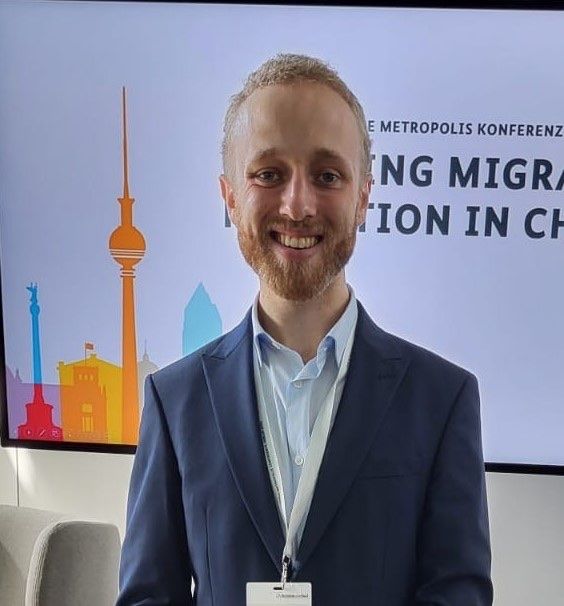
Sam Huckstep is a Research Associate within the Center for Global Development’s Migration, Displacement and Humanitarian Policy program, where he works on policy in the relationship between climate change and migration. Recent research has focused on the role of labor migration in the context of the green transition; the role of remittances in climate adaptation; and the role of MDBs in planned relocation projects. Prior to CGD Sam worked at the Institute of Development Studies, the European Parliament, and the French Red Cross.
Leonardo Martinez-Diaz is senior fellow and director of the Sustainability, Climate, and Geopolitics Program at the Carnegie Endowment for International Peace. His fields of expertise include climate politics and diplomacy, climate finance, and mitigating and managing the risks of climate change to economies and communities.
Noah J. Gordon is a fellow in the Sustainability, Climate, and Geopolitics Program at the Carnegie Endowment for International Peace in Washington, DC.
Jon Kurtz
Senior Director for Research and Learning, Mercy Corps
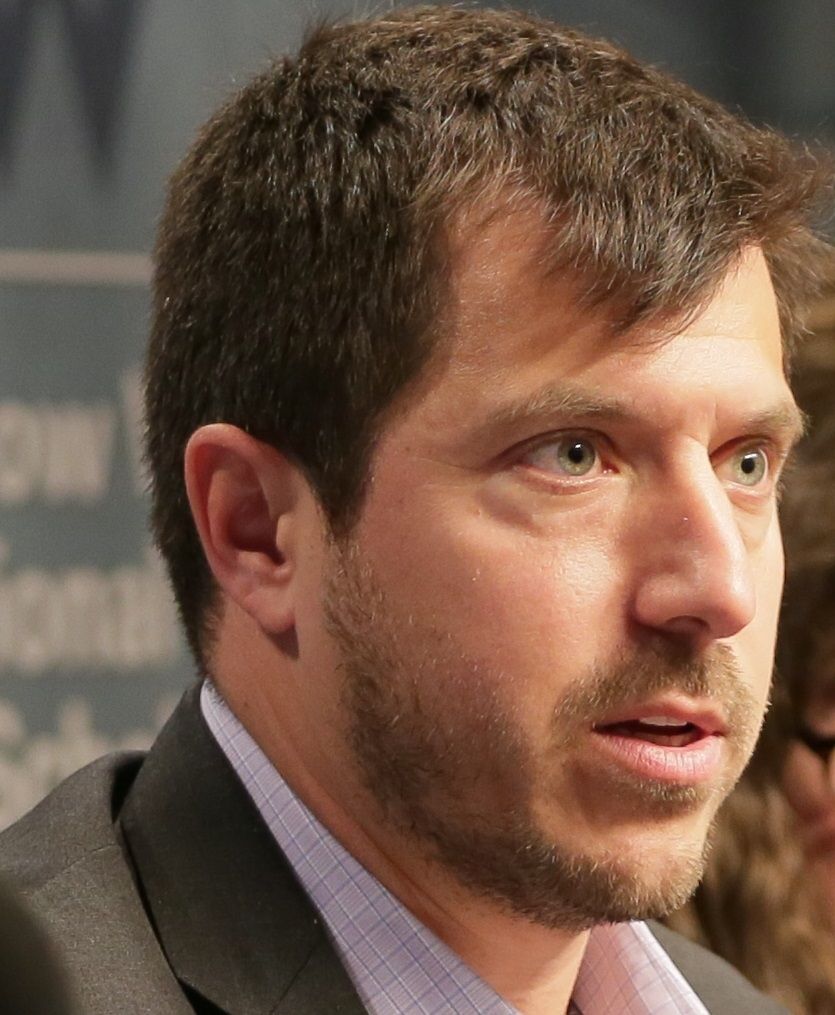
Jon Kurtz is Mercy Corps’ Senior Director for Research and Learning, where he leads the agency’s research and impact evaluation efforts. Mr. Kurtz is a prominent author and advisor on how development and humanitarian action can reduce conflict and strengthen resilience to climate change, natural disasters, and violence.
